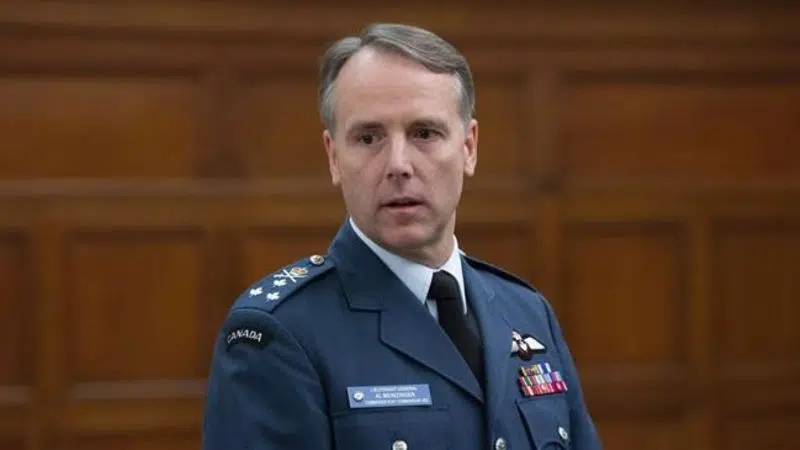
Air force commander eyes bonuses to address shortage of experienced pilots
GATINEAU, Que. — The commander of Canada’s air force wants to pay retention and signing bonuses to pilots, one measure of several meant to address the military’s shortage of experienced aviators and mechanics.
In a frank message to Royal Canadian Air Force members on Monday, Lt.-Gen. Al Meinzinger called the moves “vital” for stabilizing the military’s ranks at a time of unprecedented competition for skilled aviators and technicians.
“We are at risk of losing the depth of experience that our more senior personnel possess and, thus, the ability to mentor, train and transfer knowledge to our newer aviators and bring them to an operationally effective level,” he said.


